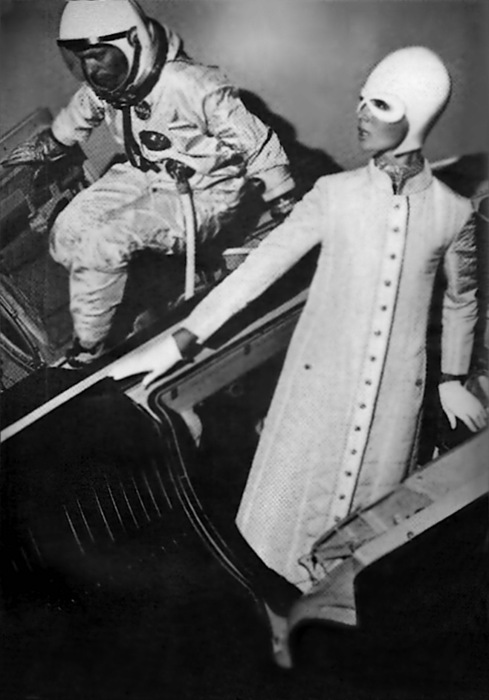We’re born into a world in motion and it’s difficult to know when things have been truly decided, when they’ve settled, when we have an answer. On the day Steve Jobs passed away in October 2011, he was hailed as a visionary and captain of industry who had remade our lives. But will his output be reduced in retrospect to so many shiny toys in our laps, ears and pockets by the grand plans of the technologist Elon Musk, who believes he can zip us from place to place with no carbon emissions and even take us to Mars? From a new interview with Musk by Pat Morrison in the Los Angeles Times:
“People mention you in the same breath as Richard Branson and Virgin Galactic, but his space effort seems more tourist-driven and yours more industrial and scientific.
I’ve nothing against tourism; Richard Branson is brilliant at creating a brand, but he’s not a technologist. What he’s doing is fundamentally about entertainment, and I think it’s cool, but it’s not likely to affect humanity’s future in a significant way. That’s what we’re trying to do.
The thing that got me started with SpaceX was the feeling of dismay — I just did not want Apollo to be our high-water mark. We do not want a future where we tell our children that this was the best we ever did. Growing up, I kept expecting we’re going to have a base on the moon, and we’re going to have trips to Mars. Instead, we went backwards, and that’s a great tragedy.
Shouldn’t government be doing projects like this?
Government isn’t that good at rapid advancement of technology. It tends to be better at funding basic research. To have things take off, you’ve got to have commercial companies do it. The government was good at getting the basics of the Internet going, but it languished. Commercial companies took a hand around 1995, and then it accelerated. We need something like that in space.
SpaceX couldn’t have gotten started without the great work of NASA, and NASA’s a key customer of ours. But for the future, it’s going to be companies like SpaceX that advance space technology and deliver the rapid innovation that’s necessary.
But government can fund a space program without worrying about profits or stockholder returns. A commercial company could run into trouble, and there goes the program.
That’s why I’m the majority shareholder in SpaceX. When I’ve recruited investors, I’ve made sure they’re like-minded. SpaceX will create a great deal of value over the long term, but there will be times when that horizon is beyond what some investors would be comfortable with. I’m going to make sure I have sufficient control of the company to optimize for the very long term.”
Tags: Elon Musk, Pat Morrison, Steve Jobs

